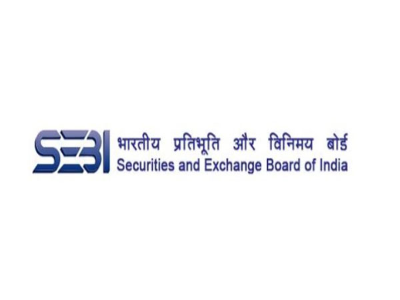Listen to this article
SEBI has extended timeline to submit comments on the proposed structure from June 1 to June 8.
You can submit your comments via email to Manaswini Mahapatra, General Manager (manaswinim@sebi.gov.in), Peter Mardi, Deputy General Manager (peterm@sebi.gov.in) and Laxmi Rampurawala, Assistant General Manager (laxmir@sebi.gov.in).
Remember to use this line as subject: “Consultation Paper on Review of Total Expense Ratio charged by Asset Management Companies (AMCs) to unitholders of schemes of Mutual Funds to facilitate greater transparency and accrual of benefits of economies of scale to investors”
Last month, SEBI introduced a new consultation paper in which it has proposed that AMCs should include all additional expenses like GST, brokerage and so on under the TER.
Also, SEBI has proposed to do away with additional expenses of 0.30% and 0.05% of the total daily NAV which were charged in lieu of b30 incentives and exit loads, respectively. However, the regulator has proposed to introduce a new fixed fee for B30 MFDs.
Here are some key proposals that matter:
- B 30 MFDs can get 1% of the application size or Rs.2000 on SIPs
- MFDs can get additional incentives for bringing in women clients
- No transaction fee for opt in distributors
- GST on fund management will be part of TER
- Fund houses will have to become members of stock exchanges to execute transaction thereby surpassing brokers and broking expenses
- TER has to be charged based on AUM of fund houses and not schemes
- According to the revised slab, emerging fund houses can charge up to 2.55% on equity funds(Regular plan)and 1.20% on debt funds (Regular plan).
- Pricing of NFOs should be based on weightage average TER of schemes
- In case of switch transactions, MFDs can get commission structure in line with previous scheme. Basically, there will be no incentive to churn
- The maximum exit load should be reduced to 2% from 5%
- Concept of performance based fees will be introduced which will have hurdle rate i.e. minimum return after which fund houses can charge additional fee. Non-performing schemes cannot charge more than base rates
- The difference between direct and regular should be to the extent of expenses towards distribution commission only





